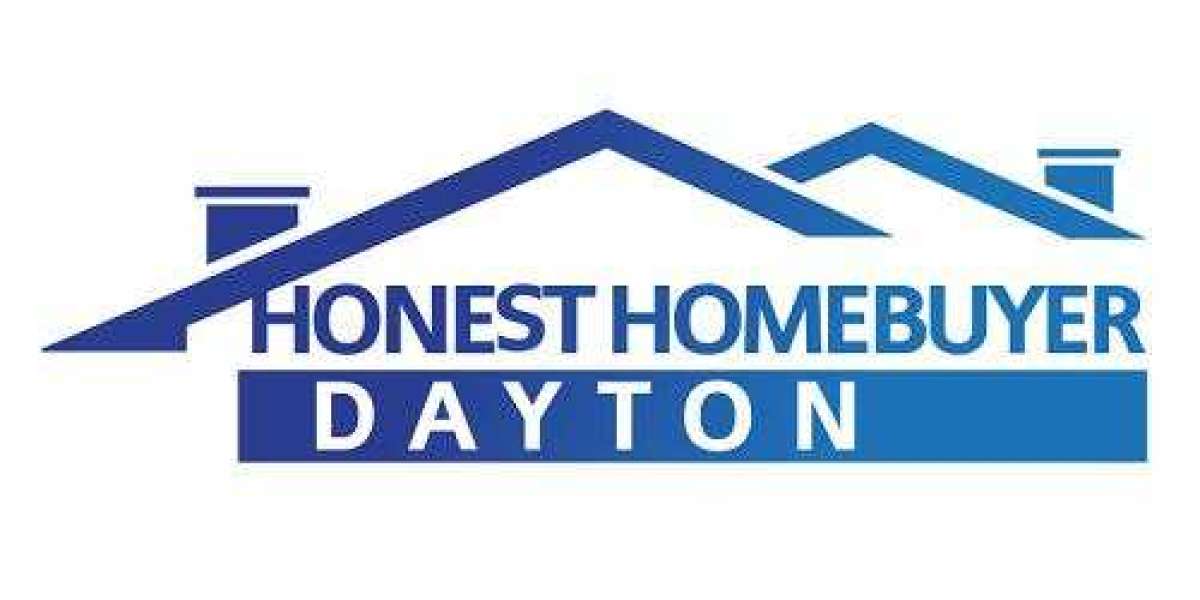Owning rental properties can be a lucrative investment, but it comes with important financial responsibilities, particularly when it comes to understanding rental Property Tax and IRS tax regulations. As a property owner, you need to be aware of how these taxes affect your rental income, deductible expenses, and overall tax obligations to avoid penalties and make the most of your investments.
What is Rental Property Tax?
Rental property tax refers to the taxes levied on the income generated from renting out a property. The IRS requires property owners to report rental income, including payments received from tenants, and pay taxes on this income. Rental income is considered part of your total taxable income, so you must accurately report it during tax season.
However, there’s more to it than just paying taxes on rental income. The IRS allows property owners to deduct several expenses related to maintaining and managing the rental property. These deductions can significantly reduce your taxable rental income, potentially lowering the amount of tax you owe.
Common Deductions for Rental Property Tax
Property owners can deduct various costs and expenses associated with the upkeep and operation of rental properties. These deductions can help reduce the taxable income derived from the property. Common deductible expenses include:
- Mortgage interest: The interest portion of mortgage payments is deductible, helping reduce overall taxable income.
- Property taxes: Property owners can deduct local property taxes on rental properties.
- Repairs and maintenance: Routine repairs and maintenance necessary to keep the property in good condition are deductible, although improvements or major renovations must be capitalized and depreciated over time.
- Depreciation: The IRS allows rental property owners to depreciate the cost of the property (excluding land) over a period of 27.5 years, resulting in annual deductions.
- Insurance: Premiums paid for insurance on the rental property can also be deducted.
- Professional services: Fees paid to accountants, property managers, legal professionals, and contractors for rental-related services can be deducted.
By deducting these expenses from rental income, property owners can reduce the taxable income subject to IRS tax.
Reporting Rental Property Tax to the IRS
Properly reporting rental property tax is essential for compliance with IRS regulations. Property owners must report rental income and expenses using Schedule E (Form 1040) as part of their personal tax return. It’s crucial to maintain accurate records of all income and expenses related to the rental property, as the IRS requires detailed documentation.
Failure to report rental income or deduct expenses incorrectly could trigger an audit or result in penalties. Therefore, keeping organized records and staying informed about current tax laws is vital.
The Impact of IRS Tax on Rental Income
Rental income is typically subject to IRS tax, but the specifics can vary depending on the property owner’s involvement. For example, if a property owner is actively engaged in managing their rental properties, they may qualify for additional tax breaks. In some cases, property owners may be eligible to offset rental losses against other types of income, lowering their overall tax burden.
However, it’s important to note that rental income may also be subject to additional taxes, such as the Net Investment Income Tax (NIIT), if your income exceeds certain thresholds. The IRS considers rental income as passive income, but if you meet specific criteria, such as participating in the management of the property, you may qualify for more favorable tax treatment.
Conclusion
Understanding rental property tax and IRS Tax obligations is crucial for property owners looking to optimize their tax strategy and avoid potential issues with the IRS. By deducting eligible expenses and maintaining accurate records, you can reduce your taxable income and lower the taxes owed on rental income. Consulting with a tax professional can also help ensure that you comply with the IRS and maximize the benefits of owning rental property.













